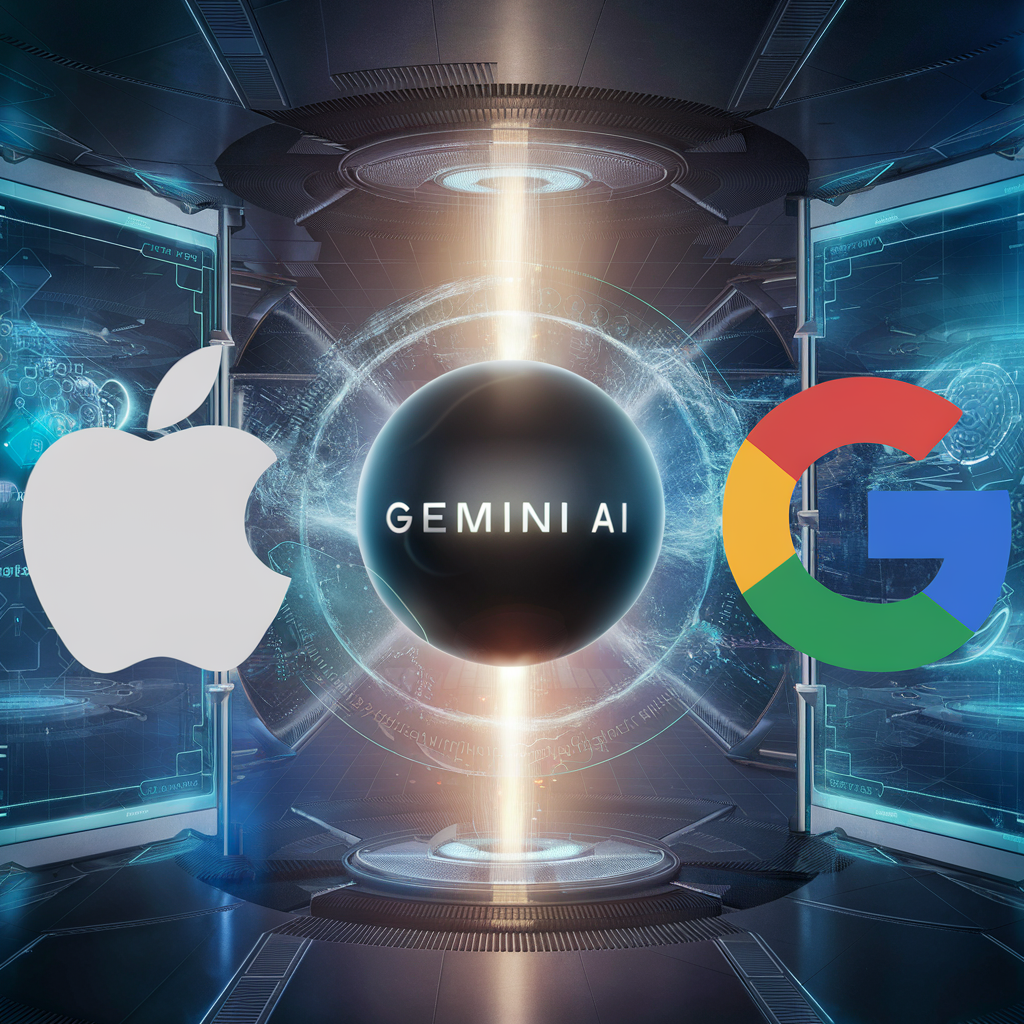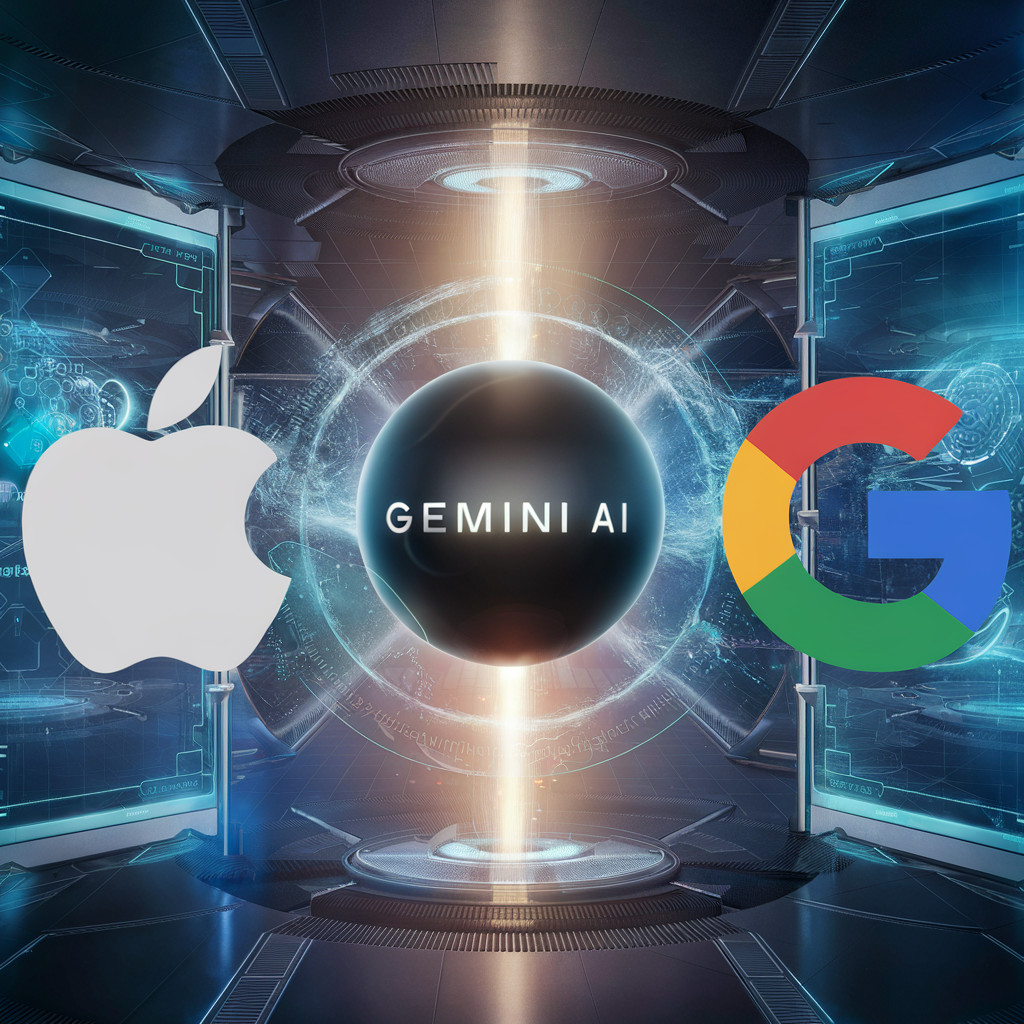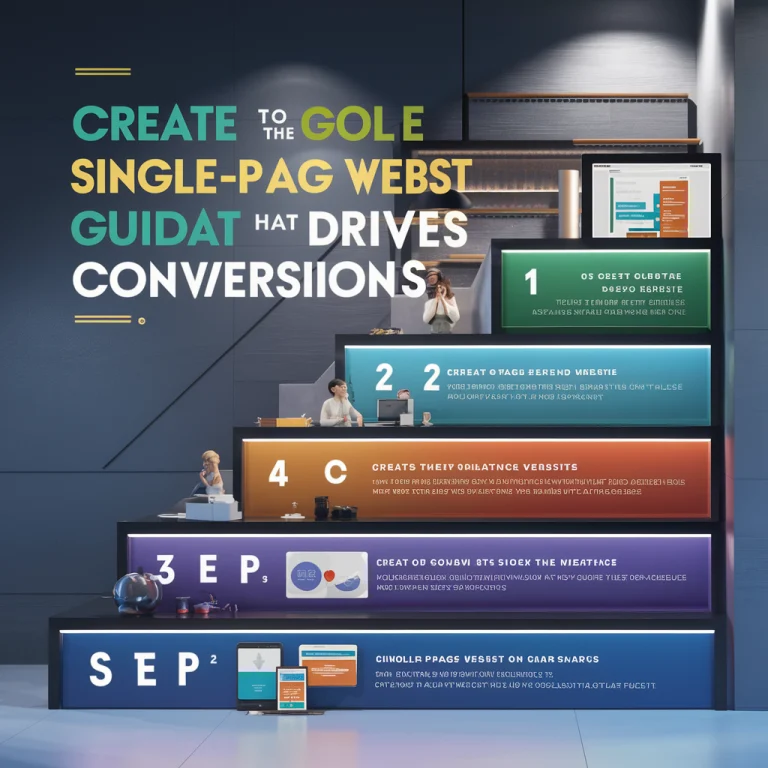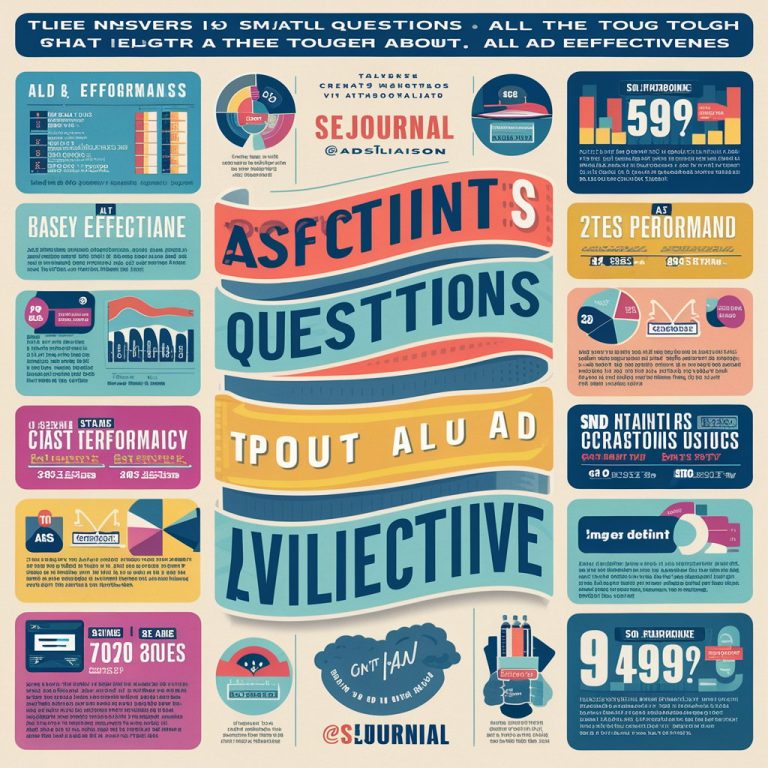Apple and Google in Talks to Integrate Gemini AI into iPhone

Apple and Google are reportedly negotiating a potential agreement to bring Google’s Gemini generative AI capabilities to the iPhone. According to Bloomberg, these discussions aim to allow Apple to license Gemini’s AI models, introducing new features to the iPhone later this year.
This potential deal could provide Gemini with access to billions of users, while also indicating that Apple might not be as advanced in its AI development as some had anticipated. Paul Schell, an analyst with ABI Research, notes that Apple’s lag in generative AI could be due to the rapid pace of innovation and the timing of its yearly developer conferences and product releases.
However, Apple has not been idle in AI development. Schell highlighted Apple’s behind-the-scenes efforts in developing on-device generative AI capabilities and acquiring companies like DarwinAI to enhance their technology. Apple’s Machine Learning Research division is also working to advance AI capabilities, and Tim Cook has emphasized generative AI in anticipation of iOS 18.
Part of a Broader AI Strategy
Rob Enderle, president of the Enderle Group, pointed out that despite Siri being one of the first digital assistants, Apple has fallen behind in AI advancements. A deal with Google could align with Apple’s strategy of integrating generative AI into its products, rather than developing a proprietary model. William Kerwin of Morningstar Research Services noted that Apple typically takes a slow approach to announcements and focuses on integrating superior technology rather than being first to market.
Mutual Benefits for Apple and Google
Tim Bajarin, president of Creative Strategies, acknowledged Apple’s longstanding use of AI in products like Siri and Maps. However, developing a comprehensive generative AI architecture independently is costly, making it plausible for Apple to license existing technology like Gemini to build more specialized applications.
A licensing agreement could significantly benefit both companies. Charles King of Pund-IT suggested that using a vetted third-party AI technology could help Apple catch up in its AI efforts while maintaining its reputation for privacy. Ross Rubin of Reticle Research noted that Google’s Gemini Nano, capable of running locally on devices, might appeal to Apple due to privacy concerns associated with cloud-based AI models.
Google’s advanced AI models have already been deployed on some Pixel and Samsung Galaxy devices, and a partnership could allow Apple to offer a mature generative AI model to its users. Schell from ABI Research emphasized that on-device AI is becoming increasingly important due to its productivity and data privacy benefits, and significant announcements around this technology are expected at Apple’s WWDC in June.
Benefits for Apple Users
Mark N. Vena of SmartTech Research argued that Apple users would gain from a Gemini licensing deal through enhanced search functionality and better integration between Apple and Google services. Greg Sterling of Near Media added that such a deal could provide Apple with new capabilities while offering Google revenue and a high-profile partner.
The financial aspects of this potential deal are intriguing. Rubin suggested that Google might provide its technology for free in exchange for access to anonymized iPhone user data, which helps improve their AI engine.
Neither Apple nor Google responded to requests for comments on this matter.






